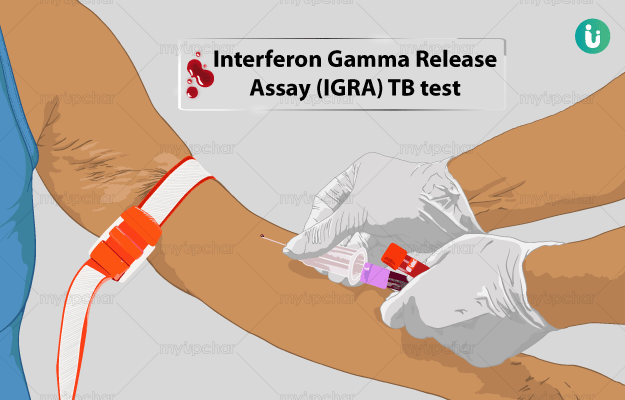What is Female Fertility Panel?
Most couples become pregnant within a year when they have unprotected sex at least twice a week. If they do not, it can be a reproductive issue like infertility. Infertility can occur because of problems in either man or woman. Sometimes, no cause is found, while in others, more than one reason exists.
Infertility in women may be due to different reasons:
- Hormonal problems
- Age
- Lifestyle
- Environmental problems
- Physical problems
A common cause of infertility in women is difficulty producing eggs. The woman’s ovaries stop functioning before menopause, the eggs may not be released regularly, or the released eggs may not be healthy. Female reproductive issues are the cause of infertility in a couple about 33% of the cases, in 33% cases, it is the man and the rest of the times the exact cause is unknown.
Female fertility is initially evaluated with the help of medical history and family history. Additional blood tests may help in diagnosing and treating infertility. The female fertility panel checks for the following:
- Luteinising hormone (LH): It is a hormone produced by the pituitary gland, a small gland present in the brain. During the ovulation phase of the menstrual cycle, the brain sends out LH, which triggers ovaries to release an egg.
- Follicle-stimulating hormone (FSH): FSH is a hormone made in the pituitary gland. It has an important role in sexual development and helps in the growth of the egg in women during the menstrual cycle. In men, it helps in the production of sperms.
- Prolactin: The pituitary gland produces another hormone, prolactin. It is normally available in small quantities in both men and women. Prolactin is responsible for regulating the menstrual cycle in women and the production of sperm in men.
- Thyroid-stimulating hormone (TSH): The pituitary gland secretes this hormone. TSH regulates the thyroid hormones, which, in turn, affect almost all cells in the body. Thyroid hormones also regulate the ovulatory cycle in women. Abnormal levels of TSH may cause infertility in some women.
- Testosterone: Testosterone is produced in both men and women. In women, it is synthesised in the adrenal glands and ovaries. It works with oestrogen for the proper functioning of ovaries. If the level of testosterone is too high in women, they may develop features like reduced breasts and deep voice. Abnormal levels of testosterone can also decrease libido in women.
- Progesterone: Progesterone is a hormone produced mainly by ovaries in women. It helps in getting the uterus ready for pregnancy and prepares the breasts for milk production. Progesterone levels keep fluctuating during the different phases of the menstrual cycle. The levels may indicate if the woman has ovulated or not.
- Estradiol: Produced by the ovaries, estradiol is one of the most potent estrogens, a group of hormones that are responsible for the functioning of the reproductive organs and the development of secondary sex characteristics in women. Along with progesterone, and the other estrogens, estradiol helps in regulating the menstrual cycle. It is also needed for maintaining a normal pregnancy. Hence, an oestradiol test may be ordered to diagnose infertility.
All of the abovementioned tests help check if a woman is fertile.













